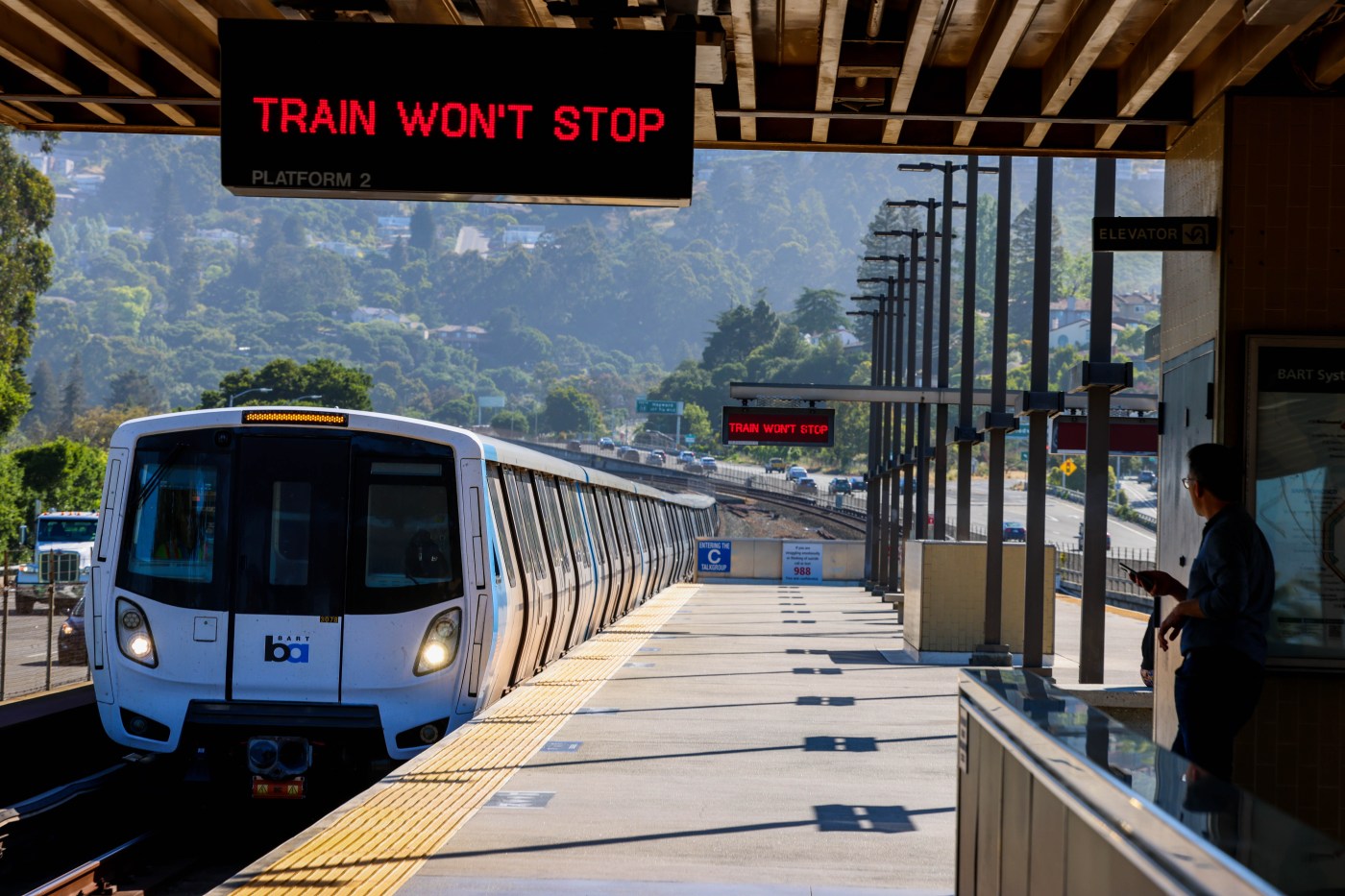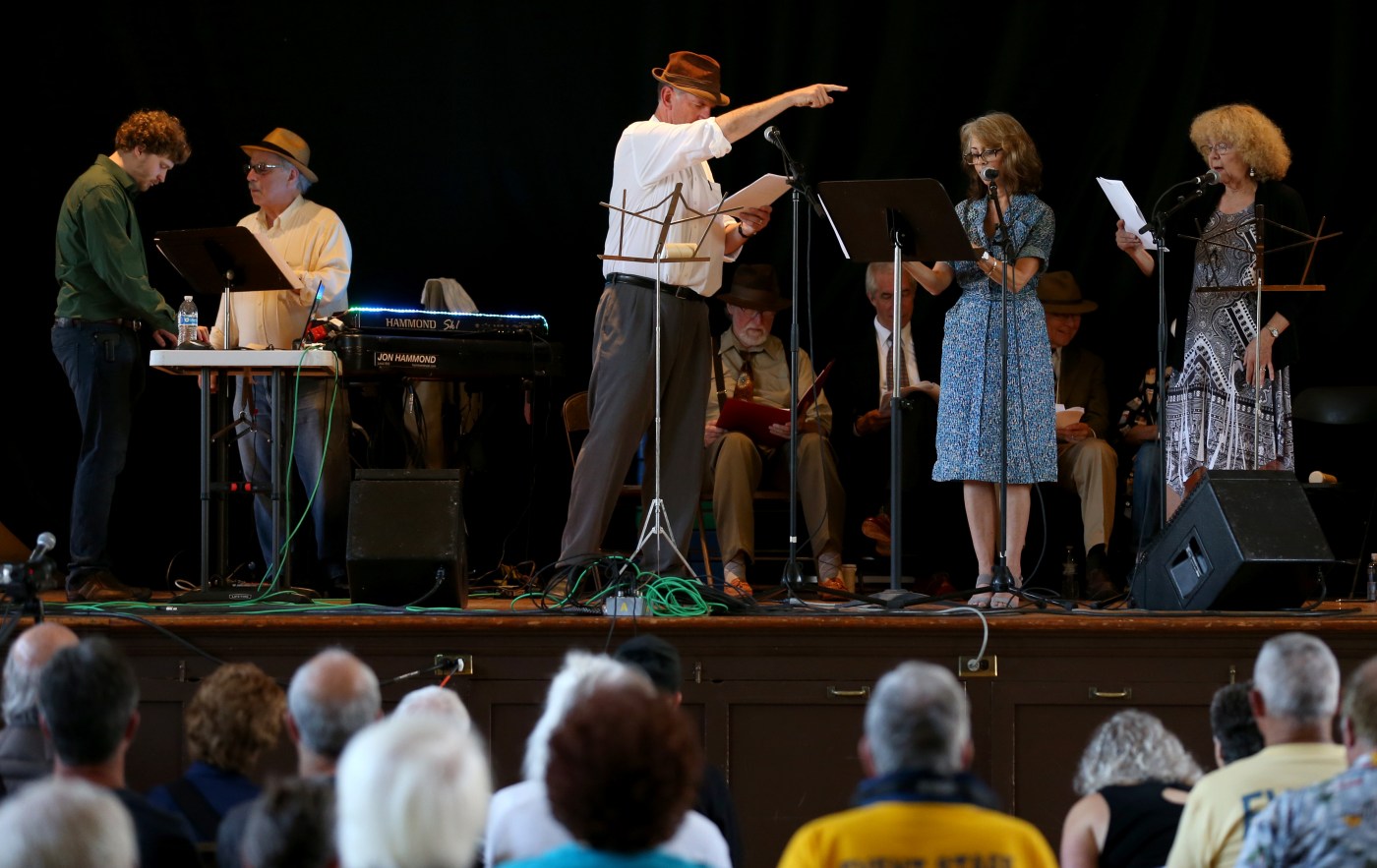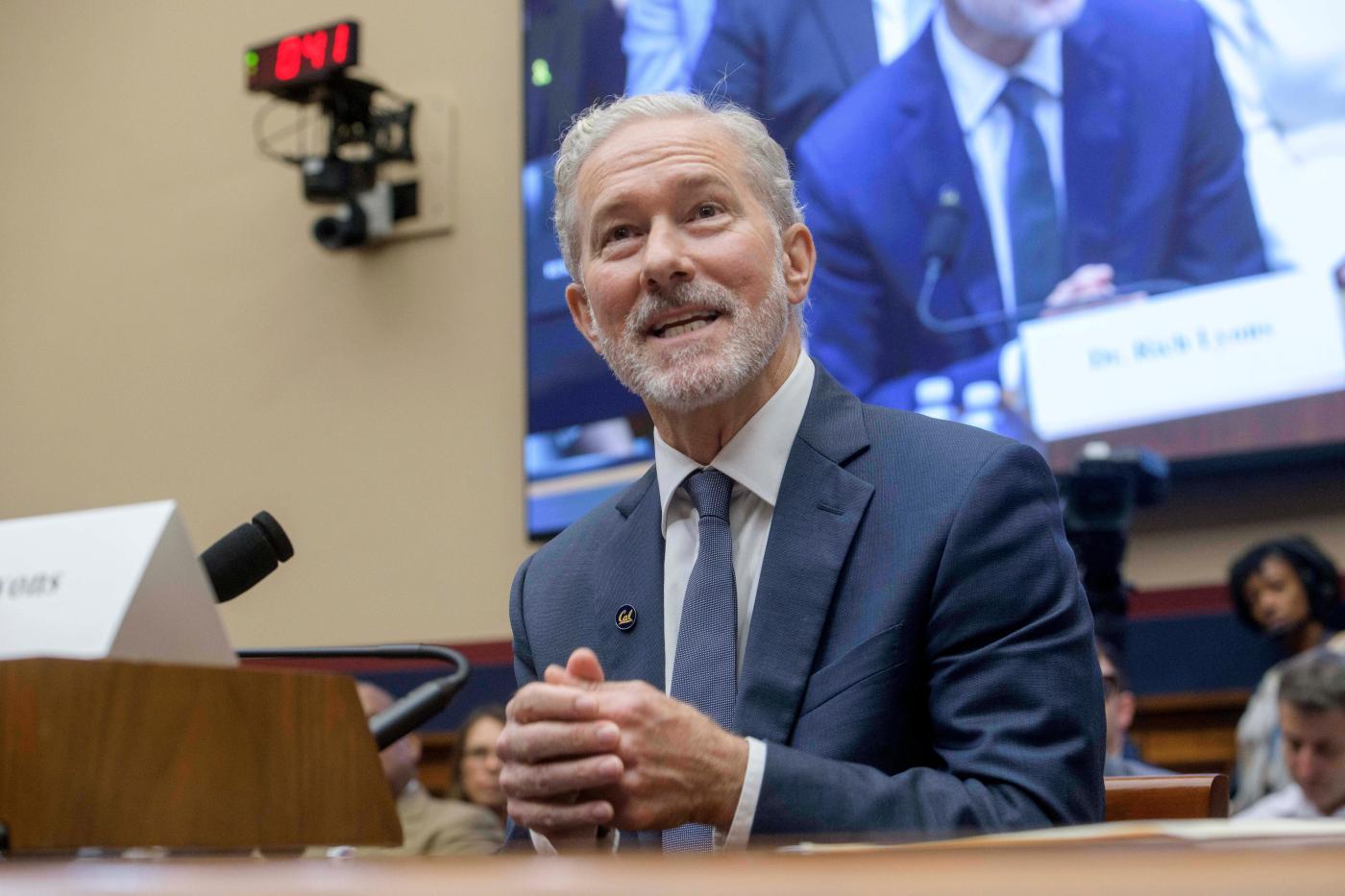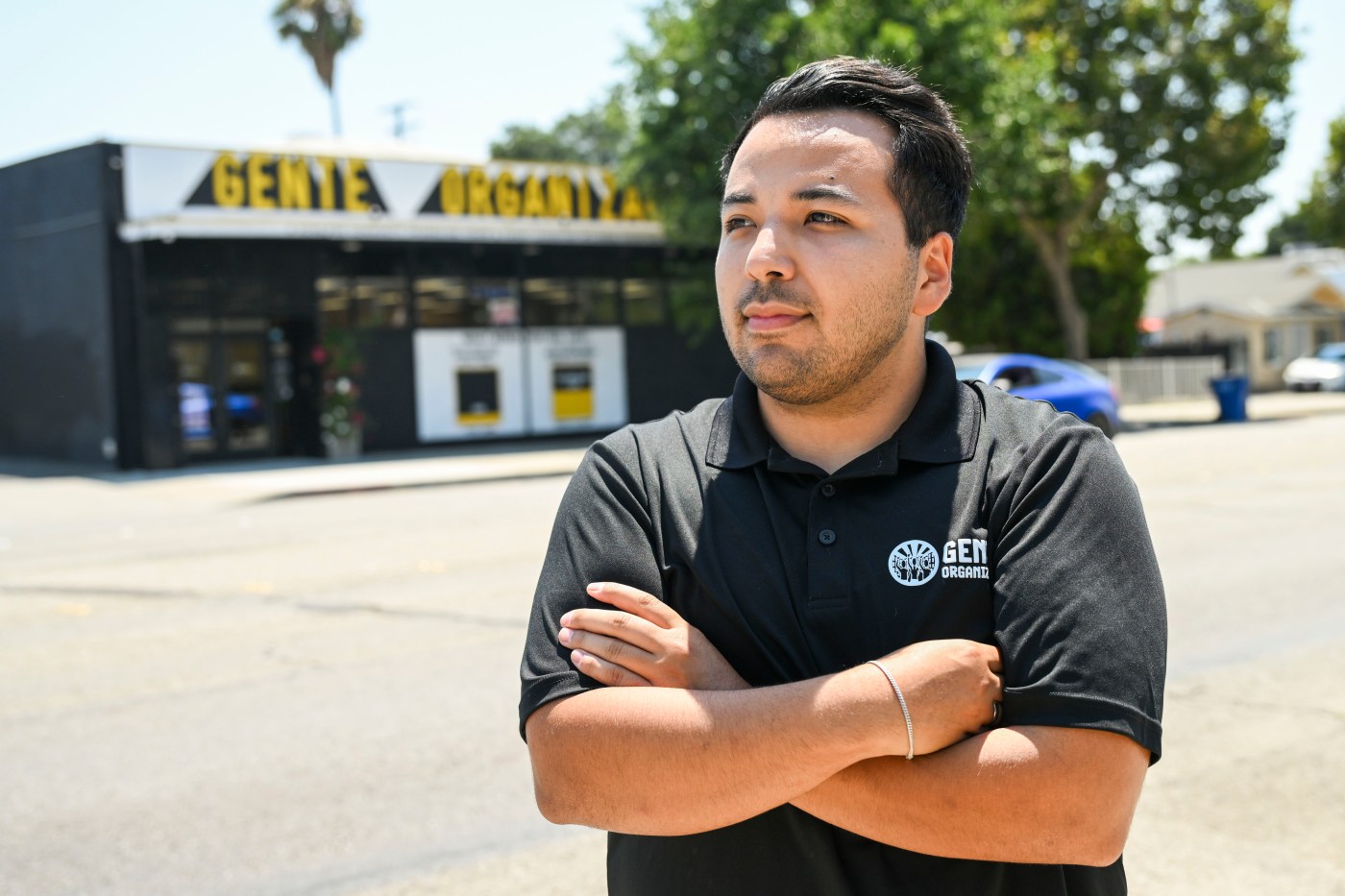Frustrated by their inability to gain supermajority voter support for tax hikes, government officials and special interests are turning to a new court-created loophole: voter initiatives that require only a simple majority to pass.
This workaround has been successfully applied in the Bay Area and elsewhere in recent years. Now, advocates hoping to pass a Bay Area transit tax in 2026 plan to use it.
Given the high tax burden we face in California, voters should close this loophole.
Related Articles
The GOP Megabill: What taxpayers should know
Who will — and won’t — benefit from the bigger SALT deduction
Are we pouring SALT on housing’s affordability wounds?
What to know — and what isn’t known yet — about US tax deductions for tips and overtime pay
Albany leaders consider budget stabilizing measures as revenue falls short
Under the California Constitution, local governments may only impose a special tax “approved by a two-thirds vote.” The Constitution defines a special tax as one imposed for specific purposes such as combating homelessness, building libraries or supporting transit. Traditionally, local governments, like city councils or school boards, have placed tax measures on the ballot.
But a 2017 ruling in a San Bernardino County case, California Cannabis Coalition v. City of Upland, lowered the threshold there to 50% if the special tax is placed on the ballot by a voter initiative. A voter initiative, also known as a citizen’s initiative, can reach the ballot if advocates collect enough valid petition signatures.
While the Upland decision involved a licensing fee on marijuana dispensaries, a 2019 San Francisco Superior Court applied it to commercial rent tax and gross receipts tax measures. The Upland precedent was later applied to sales tax measures in Alameda County and Fresno. The Alameda County decision was affirmed by the Court of Appeals, and the State Supreme Court refused to review the decision.
While the notion of “a citizen’s initiative” invokes the idea of a scrappy bunch of residents leveraging the power of direct democracy, ballot measures are more commonly proposed by corporations and other well-funded special interests. At least at the state level, proponents .
Transit unions and advocates will likely make use of a citizen’s initiative to place a Bay Area transit funding measure on the ballot in 2026. SB 63, which recently passed the California Senate, would allow a citizen’s initiative to impose an additional transit sales tax in Alameda, Contra Costa and San Francisco counties, with San Mateo and Santa Clara being given the ability to opt in before Aug. 11.
In Oakland and six other Alameda County cities, the measure would raise total sales taxes to 11.25%. This combined rate would place a heavy burden on lower income residents who spend a higher portion of their income on purchases.
Some advocates have recognized this inequity and proposed to replace the sales tax with a gross receipts tax on business, which could also win passage by majority vote if it’s placed on the ballot through a signature-gathering process.
Whichever tax method is chosen, the effort will not be truly citizen-led. Proponents will get a taxpayer-funded assist from the Metropolitan Transportation Commission, which has paid for polling on the prospective measure. Transit agencies can also be expected to spend tax money “educating” voters about the measure.
Other voter initiative parcel taxes may be in the offing. In El Cerrito, a citizen’s group is sponsoring a measure to fund a new library. The city tried and failed to pass this tax in 2016, and is now assisting proponents by paying consultants over $50,000 to test arguments for and against the measure. Meanwhile, in Oakland, the Public Ethics Commission is seeking a measure to reduce its dependence on City Council appropriations.
Fortunately, the Howard Jarvis Taxpayers Association will attempt to close the voter-initiative loophole by qualifying its “Save Proposition 13 Act of 2026” for the state ballot next year. If passed, this statewide initiative would restore the constitutional simple-majority threshold.
Marc Joffe is president of the Contra Costa Taxpayers Association.





